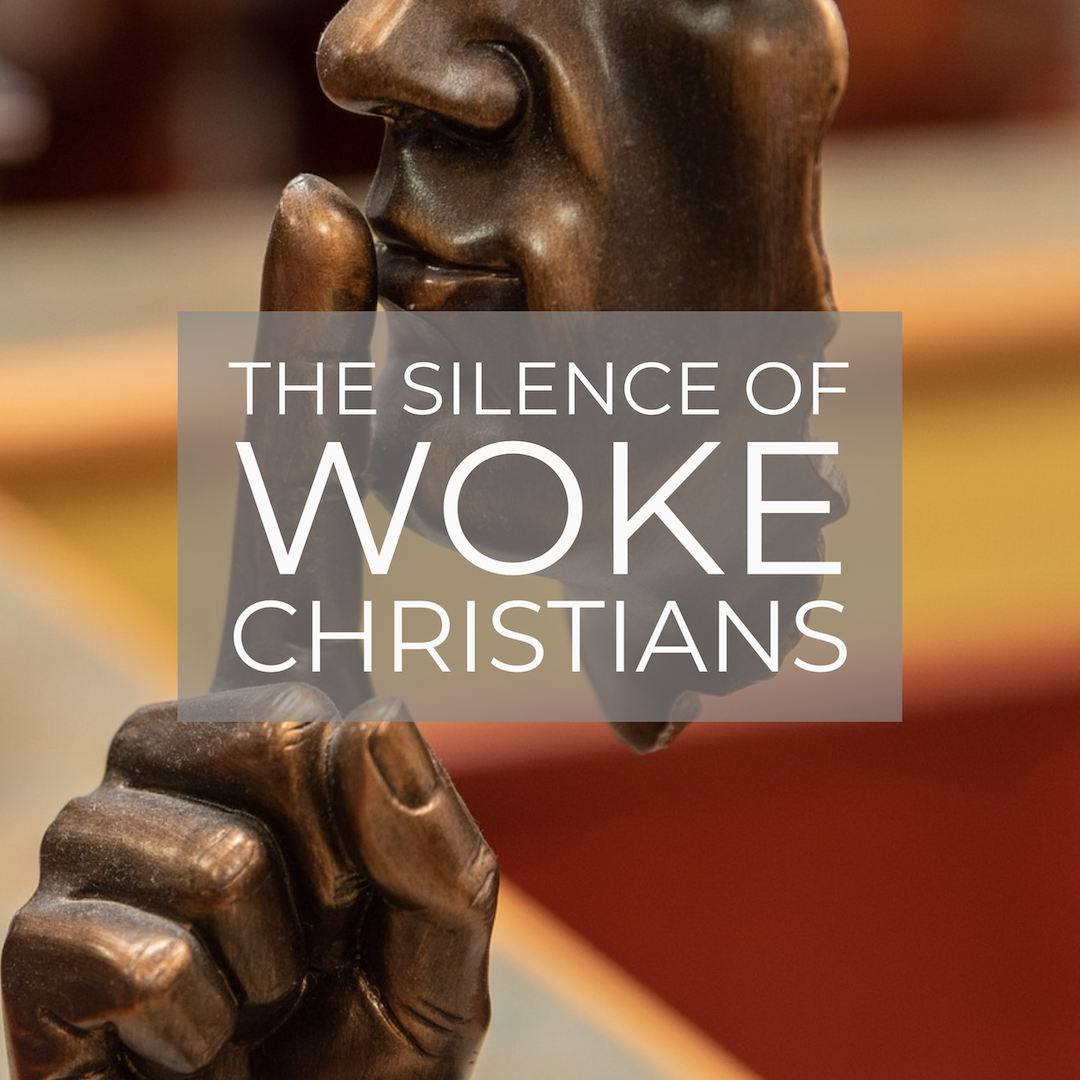As the woke movement has become mainstream, many well-known churches and preachers have proudly embraced being woke Christians. After all, shouldn’t followers of Jesus speak up about social and racial injustice? The problem is that culture’s definition of justice is vastly different than God’s. Not to mention that many things attached to the woke movement are antithetical to God’s Word. So the irony of being a woke Christian is that it requires keeping quiet about a number of biblical truths.
Social Justice vs. Biblical Justice
In Scott David Allen’s, Why Social Justice is not Biblical Justice, he defines biblical justice as “Conformity to God’s moral standard, particularly as revealed in the Ten Commandments and the royal law: ‘Love your neighbor as yourself.’” Unfortunately, the justice being touted in many churches today is more social than biblical. It demands conformity to the woke narrative rather than to God’s Word.
Social justice seeks unity through equality of outcome rather than in Christ. It seeks to deconstruct traditional systems—now considered to be oppressive—by redistributing resources and power. In a world built on social justice, equity and unity are one and the same—regardless of individual effort or investment. Woke Christians won’t speak against such nonsense for fear of being publicly shamed, being labeled as racist and homophobic, or being outright cancelled.
Learning From the Past
Fear and intimidation have kept believers silent before. In Andy Andrews’ best-selling book, How Do You Kill 11 Million People? he shares the following account from eyewitnesses of trains taking Jews to Hitler’s concentration camps:
We heard stories of what was happening to the Jews, but we tried to distance ourselves from it, because we felt, what could anyone do to stop it? Each Sunday morning, we would hear the train whistle blowing in the distance, then the wheels coming over the tracks. We dreaded to hear the sounds of those wheels because we knew that we would hear the cries of the Jews en route to a death camp. Their screams tormented us. We knew the time the train was coming and when we heard the whistle blow we began singing hymns. By the time the train came past our church, we were singing at the top of our voices. If we heard the screams, we sang more loudly and soon we heard them no more. Years have passed and no one talks about it now, but I still hear that train whistle in my sleep.
Most people read stories like this and think, “That could never happen in America!” In reality, it is happening in America. Abortion kills nearly a million babies every year. The resistance from pastors and church leaders seems to weaken with every passing year, and the silence of woke Christians grows louder.
Following Christ vs. Following Culture
Now, progressive politicians are legislating the promotion and protection of all kinds of perversion. Again, a large number of woke Christians remain silent while their churches focus on loving people in the LGBTQ community. I fully support extending God’s love to all people, but rarely will these same churches also present the biblical truth that God condemns LGBTQ lifestyles as sinful.
Unfortunately, many mainline churches and popular preachers have become extensions of culture rather than ambassadors for Christ, calling for repentance. They prefer to crank up the sound and just sing a little louder. Fellow believers, we cannot be silent. And we cannot follow the current cultural narrative and also follow Christ.
Silence Leads to Regret
So, I’ll leave you with the words Martin Niemöller, a Lutheran pastor who barely escaped execution in a German concentration camp. After his release he expressed deep regret for not having done more to help victims of the Nazis. Today, his words are inscribed on the United States Holocaust Memorial:
First, they came for the socialists, and I did not speak out—
because I was not a socialist.
Then they came for the trade unionists, and I did not speak out—
because I was not a trade unionist.
Then they came for the Jews, and I did not speak out—
because I was not a Jew.
Then they came for me—
and there was no one left to speak for me.
